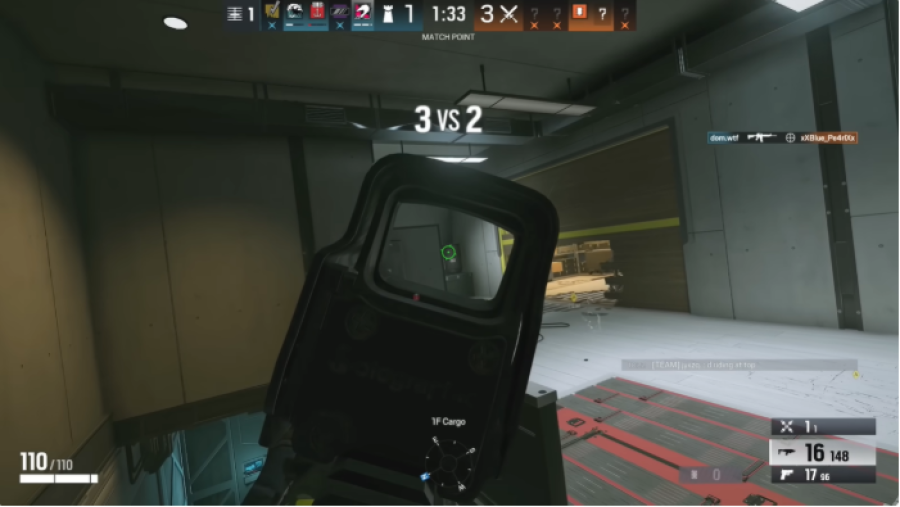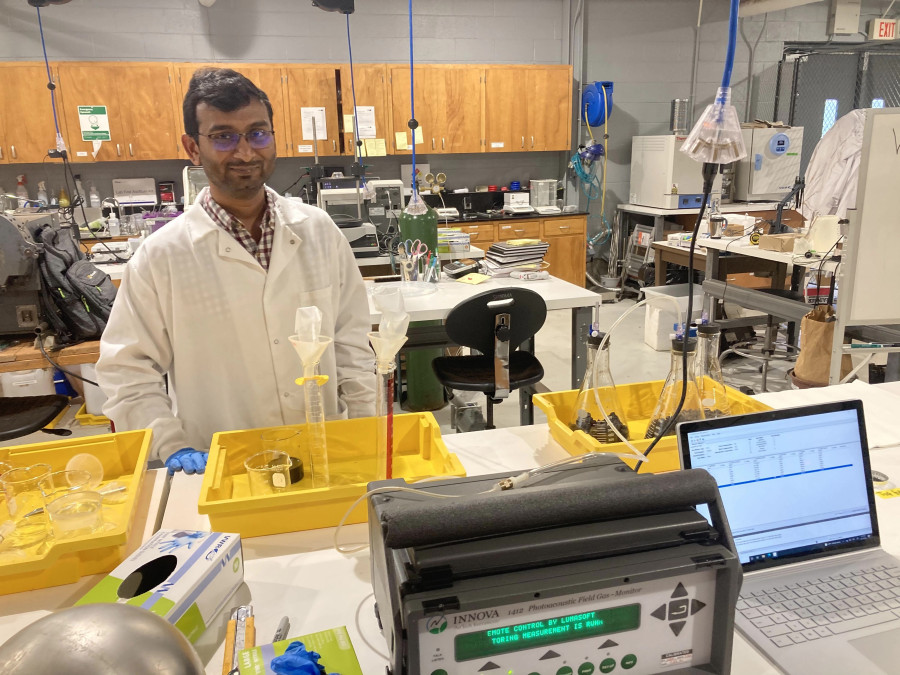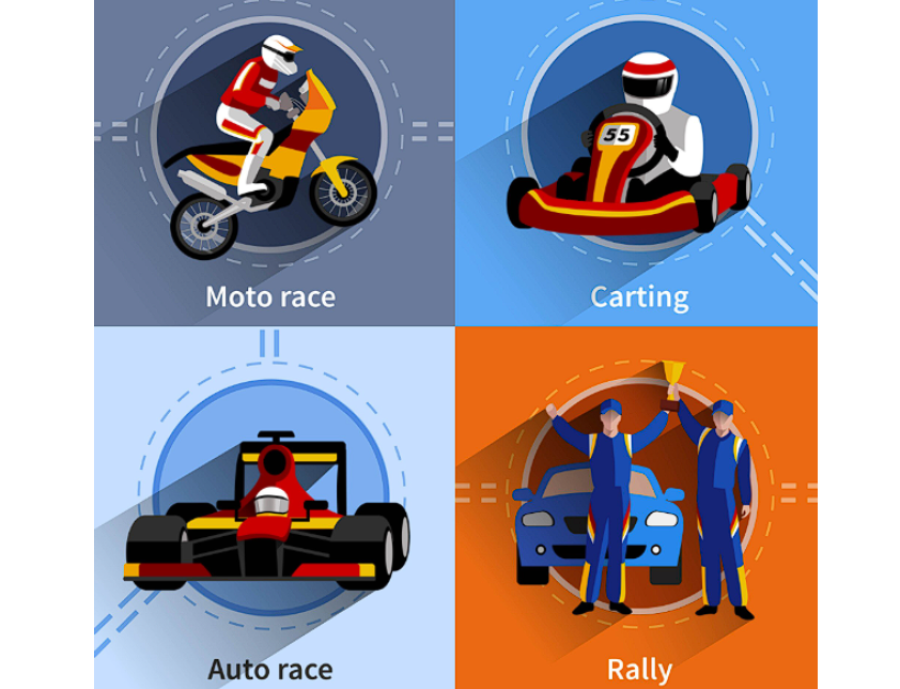Plenty of players get stuck repeating the same handful of strategies until they stop working. They wonder why their results flatline, but the problem is not the markets or bad luck. It is the refusal to try anything new. Creative play starts with loosening the mental rules that keep you locked into one approach. Instead of treating every session as a grind toward a target number, you start viewing it as a chance to test ideas, spot patterns, and build a toolkit that actually adapts when conditions shift.
This shift in perspective matters more than which platform you use. Australians often discuss casinos not on BetStop when comparing international options that offer better payouts, faster withdrawals, and fewer transaction caps. But the real value of unrestricted thinking is not about platform features. It is about breaking out of repetitive habits, exploring different bet structures, and staying flexible enough to adjust when markets change. The mindset applies regardless of where you play.
Autonomy Changes Decision Making
People do better work when they choose their own path. Three factors drive real engagement: autonomy, competence, and connection. The first one carries the most weight for creative play. Someone who picks a strategy because it looks interesting will pay closer attention and stick with it longer than someone following advice from a forum thread. Self-directed decisions produce sharper thinking and more patience when things go sideways.
In practical terms, autonomy means choosing specifics because they interest you, not because someone told you they were optimal. The shift sounds small, but it changes how you interact with the platform. You stop asking what the consensus says and start asking what the mechanics allow, which opens up possibilities that formulaic play never touches.
Systems Thinking Over Single Outcomes
Emergent gameplay describes what happens when players discover tactics that designers never planned for. Hand someone a flexible toolkit and they will invent solutions nobody scripted. Betting markets work the same way. Players who see games as systems with interacting parts spot correlations, timing windows, and hedging opportunities that single-outcome thinkers miss entirely.
Live markets shift fast, and the players who thrive there are the ones who can improvise based on momentum rather than relying on pre-match calculations. Custom bet builders, partial cash outs, and same-game combinators exist as construction kits. If you treat them that way instead of just picking pre-made options, you can assemble risk profiles that match your actual goals rather than somebody else's blueprint.
The Value of Exploration
Most players default to exploitation. They find an edge and hammer it until the market adjusts, which makes sense if your only goal is short-term yield, but it leaves you vulnerable when conditions shift. Creative play budgets time and bankroll for exploration, which means running small experiments in unfamiliar markets just to see how they behave.
People who rotate through different formats build sharper instincts over time. Treat exploration as tuition rather than profit. Put aside a small stake where success means learning something new, not hitting a target number. Track what you notice. After a few weeks, patterns emerge that repetitive play never reveals.
Community Learning Without Copying
Online communities produce iterative creativity. One player posts a novel approach, and others respond with variations that refine or improve the original idea. This loop has been studied in gaming contexts from speedrunning to sandbox problem solving. The first solution is usually not the best one. The best one comes after the community tests twenty versions and figures out which mechanics matter most.
Betting communities work the same way. Every posted slip, odds movement, or live clip contains information about how someone else is thinking. An unrestricted mindset does not copy those picks. It reverse engineers the logic behind them and adapts that approach to different markets and risk tolerances. You are borrowing thought processes, not results, which matters because copied picks work only if the conditions match while adapted frameworks work across changing situations.
Novelty Trains Flexible Thinking
Creativity research keeps finding the same thing: varied engagement improves plasticity and flexible thinking. The brain needs novelty to form new associations. When you rotate formats, alternate between pre-match models and live improvisation, or deliberately schedule unusual betting experiments, you train decision-making pathways that grinding the same markets never touches.
Studies specifically looking at online gaming have found that imagination acts as a mediator. Players who seek out unfamiliar configurations and loosen self-imposed constraints show better creative thinking skills over time. The effect is not instant, but it compounds. Six months of varied practice produces a different cognitive toolkit than six months of repetition.
Pairing Freedom With Structure
Freedom without boundaries turns into chaos fast. The best creative players set exploration budgets, keep notebooks that track what worked and why, and borrow ideas from the community but test them against personal constraints before risking real money.
Autonomy paired with feedback loops is what converts novelty into skill. You run an experiment, record the outcome, refine the approach, then try again. This cycle builds strategies that bend with conditions instead of breaking against them.
Building a Practice That Lasts
Before you start a session, pick one experimental theme such as testing timing windows in live markets or exploring underpriced correlations. During the session, alternate between exploiting known edges and short exploration bursts. Afterward, spend five minutes on a post-mortem that captures which mechanic interactions you noticed and which tactics felt engaging beyond the result.
This loop changes the question you ask. Instead of hunting for the single right answer, you start building flexibility that handles multiple futures. The games change constantly, edges erode, and markets adjust. A playful mind keeps up because it never stops learning, and that is the quiet advantage of unrestricted thinking done right.









